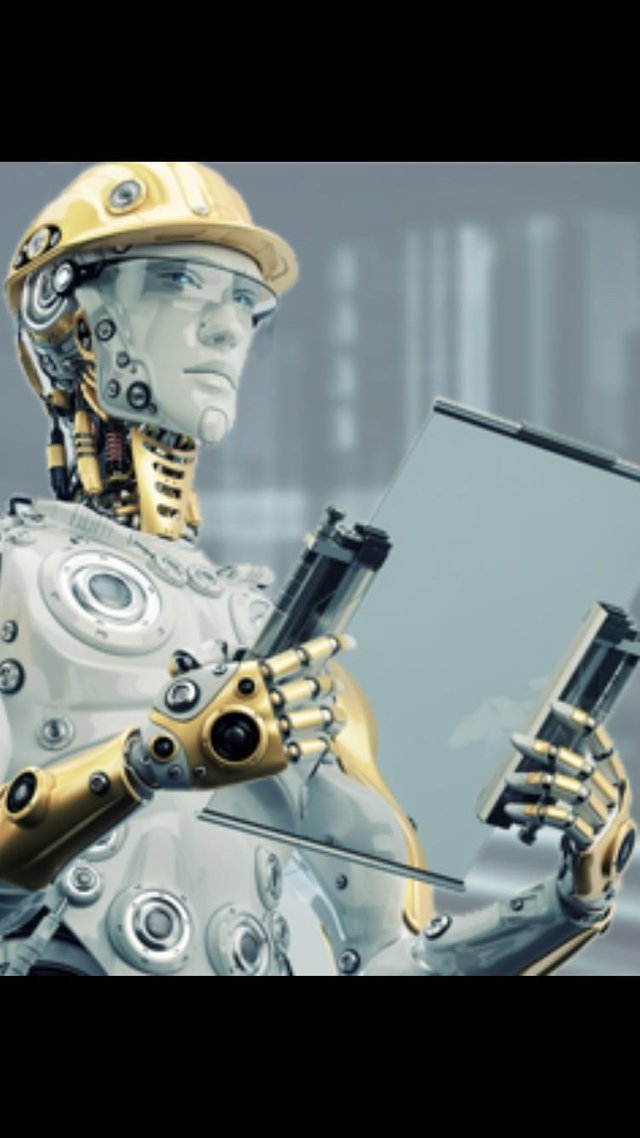There’s no doubt that artificial intelligence will revolutionize the jobs picture. One technologist predicts robots will replace half of all jobs in the next decade. A PwC study says 38% of jobs in the U.S. are at high risk of being replaced by A.I. over the next fifteen years.
But that doesn’t mean there will be no work available for those who lose their jobs. Technology displaces and creates jobs. So as the role of computers evolves in the workplace, workers have to evolve their own roles as well.
Here’s how to do that: Learn all you can about the technology entering your field. Stay up on all the trends, the emerging changes, the experimental technologies being tried out. And give real thought to where the human element is still needed.
There were women at NASA known as “human computers.” Then a huge, new computer was brought in, capable of doing much of their work in much less time. One of the women in particular, Dorothy Vaughan, recognized this and adapted. She taught herself and her team to program it. In short, they evolved their own roles.
This is what everyone needs to do. Keep learning to improve yourself. Pick up new skills every day if you can. Find ways you can interact and help with the success of new technology. All of this helps people avoid becoming obsolete in the workplace.
It’s the strategy I’ve been following in my own career. For example, I’ve spent years teaching sales teams the best ways to write impactful emails to prospects and clients. Now, there are new technologies creating excellent, customized emails for you in no time.
So I’ve had to ask myself: What’s the role for me in this? I got a great piece of advice from Gary Vaynerchuk: Be the guy who reviews the emails before they go out. There will be things that a robot misses but a human understands. Contextual things. Signs of genuine mutual respect and understanding. Empathy is an area computers still can’t touch at this point.
That’s why I expect phone calling in business to make a raging comeback. With so much artificial intelligence communicating digitally, people won’t know what to really trust anymore. Emails in inboxes will have less value as people start to question whether it’s from a robot or a human.
That trust factor will come from people talking directly. It’s very tough for a computer to give customers what they want and need in a phone conversation. The return of phone calls will be particularly interesting for millennials who grew up with a lot less of it.
Understand just-in-time business
Another piece of this is understanding that we’re moving toward a “just-in-time” world.
Technologies make solutions pop up when you need them. A client contacts you and a file of information on that client automatically shows up right up on your screen. You drive to a meeting and your phone shows you that an item you were searching for recently happens to be available at the store across the street.
As people look to find their relevance in this rapidly changing business landscape, we need to focus not only on what we do but also on how we can join the pace of the new economy.
When you develop a new skill, be ready to do it quickly and excellently on a moment’s notice. Take my work going through emails, for example. There isn’t time to parse through them word for word. I need to know what to look for instantly in each one. And I need to keep increasing my speed, so I can pull through for as many customers as possible in the shortest time frame.
This pace also means making your product or service easily accessible so people can grab it the second they need it. I’m doing this by making all my content -- videos, blogs, tips, and more -- available in a single place, so people can get whatever guidance they need right away.
It’s a new approach to work, requiring a different mindset. Those who do it best won’t just continue to have jobs. They’ll thrive in the economy of the future.

Hi! I am a robot. I just upvoted you! I found similar content that readers might be interested in:
https://www.inc.com/quora/the-movie-hidden-figures-has-a-brilliant-lesson-to-teach-about-keeping-your-job-from-becoming-automated.html
Downvoting a post can decrease pending rewards and make it less visible. Common reasons:
Submit
Greetings from ratna
please follow back
Downvoting a post can decrease pending rewards and make it less visible. Common reasons:
Submit
Thanks soo much Ratna, I just followed you and I look forward to seeing more of your posts 😁😀
Rob
Downvoting a post can decrease pending rewards and make it less visible. Common reasons:
Submit
Do more Steemit, that's how to prepare! Btw, just a friendly reminder, you should at least cite the article you're using as a reference (Forbes, in this case). Steem on!
Downvoting a post can decrease pending rewards and make it less visible. Common reasons:
Submit